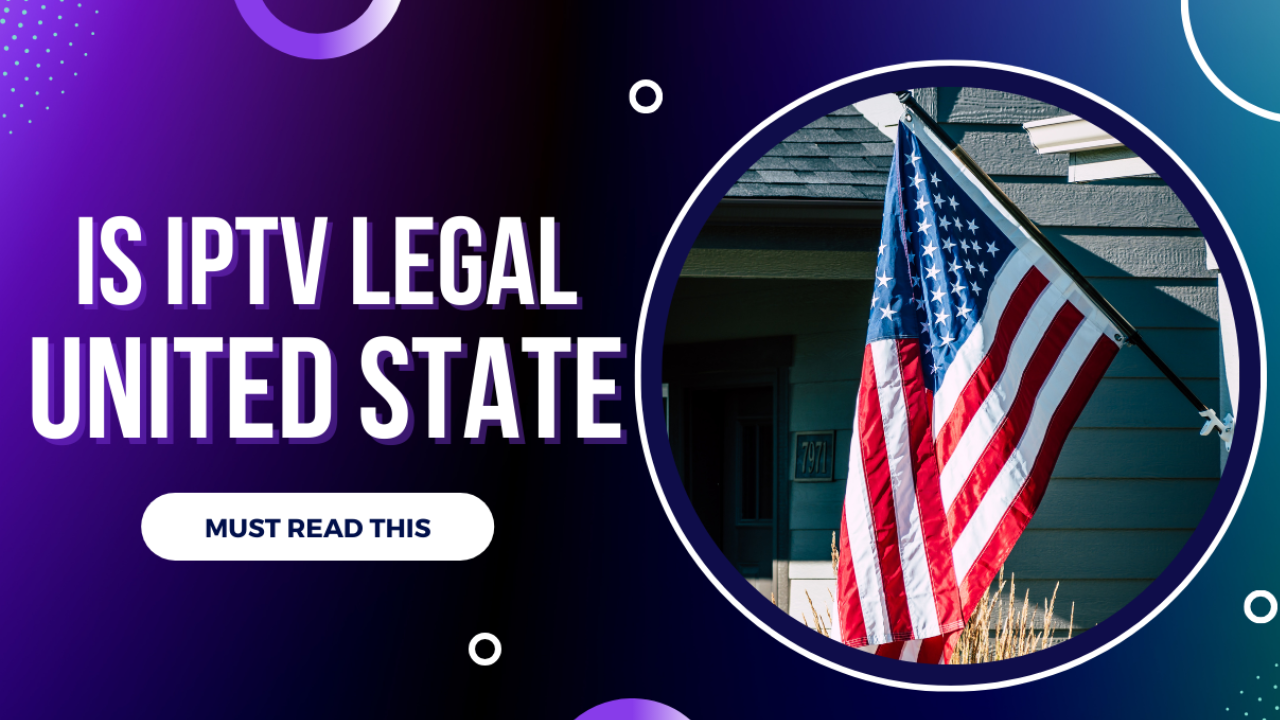With the rise of Internet Protocol Television (IPTV) services, many consumers in the USA are curious about the legal aspects surrounding this innovative form of entertainment. Understanding the legalities of IPTV is crucial to ensure compliance with regulations and avoid potential legal issues. Here’s what you need to know about the legal landscape of IPTV in the USA.
1. Licensing and Copyrights
One of the primary legal considerations for IPTV providers and users is licensing and copyrights. IPTV services that offer copyrighted content must obtain proper licenses from content owners to distribute and stream their content legally. Failure to do so can result in copyright infringement claims and legal penalties.
- Legitimate Providers: Legal IPTV providers obtain licenses and agreements with content creators, broadcasters, and networks to offer their channels and programs to subscribers.
- Illegal Services: Unauthorized IPTV services that stream copyrighted content without proper licenses are considered illegal and may face legal consequences, including fines and shutdowns.
2. Piracy and Unauthorized Streaming
Piracy is a significant concern in the IPTV industry, with unauthorized streaming services offering premium channels and content without permission. These services often operate outside the law and pose risks to both providers and users.
- Piracy Risks: Using unauthorized IPTV services that offer pirated content can expose users to legal risks, including copyright infringement lawsuits and ISP penalties.
- Legal Alternatives: Opt for legal IPTV providers that have secured licenses and agreements with content owners, ensuring compliance with copyright laws and supporting the creators of the content.
3. Geo-Restrictions and Licensing Agreements
Geo-restrictions are common in the IPTV industry, with content availability varying based on geographic regions and licensing agreements. Users should be aware of these restrictions when accessing IPTV services from different locations.
- Regional Availability: Certain channels and programs may only be available in specific regions due to licensing agreements and broadcasting rights.
- VPN Usage: Some users use Virtual Private Networks (VPNs) to bypass geo-restrictions and access content from different regions. However, users should ensure VPN usage complies with legal guidelines and terms of service.
4. Legal Alternatives and Consumer Rights
While there are risks associated with illegal IPTV services, users have legal alternatives and consumer rights to protect their interests and enjoy IPTV content legally.
- Legitimate Options: Choose legal IPTV providers that offer a wide range of channels, on-demand content, and competitive pricing while complying with copyright laws.
- Consumer Protection: Consumers have rights to fair pricing, transparent billing practices, data privacy, and quality service under consumer protection laws. Report any issues or violations to relevant authorities or consumer advocacy organizations.
5. Enforcement and Regulatory Bodies
Enforcement of IPTV regulations and copyright laws falls under the jurisdiction of regulatory bodies and law enforcement agencies in the USA. These entities work to uphold legal standards, protect intellectual property rights, and ensure fair competition in the IPTV industry.
- Federal Agencies: Agencies such as the Federal Communications Commission (FCC), Federal Trade Commission (FTC), and Department of Justice (DOJ) oversee IPTV-related matters, including licensing, piracy enforcement, and consumer protection.
- Industry Associations: IPTV providers and stakeholders may also adhere to industry standards and guidelines set by associations such as the Internet Protocol Television Association (IPTVA) to promote legal and ethical practices.
Navigating the legalities of IPTV in the USA requires awareness of licensing requirements, copyright laws, piracy risks, consumer rights, and regulatory oversight. By choosing legal IPTV providers, respecting geo-restrictions, and staying informed about legal developments, users can enjoy IPTV content responsibly while supporting the creators and rights holders in the industry. Stay informed, stay compliant, and enjoy the benefits of IPTV within legal boundaries.






